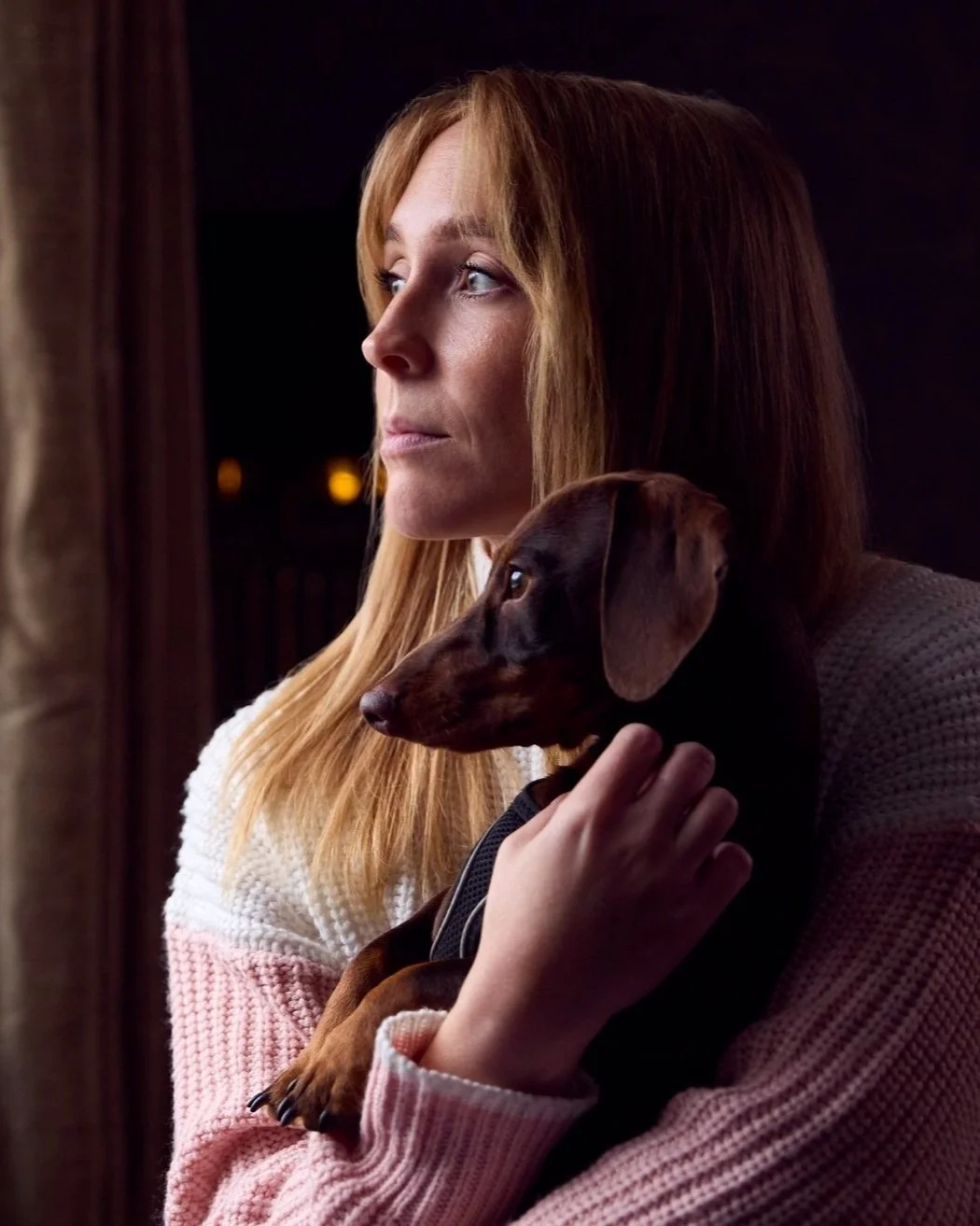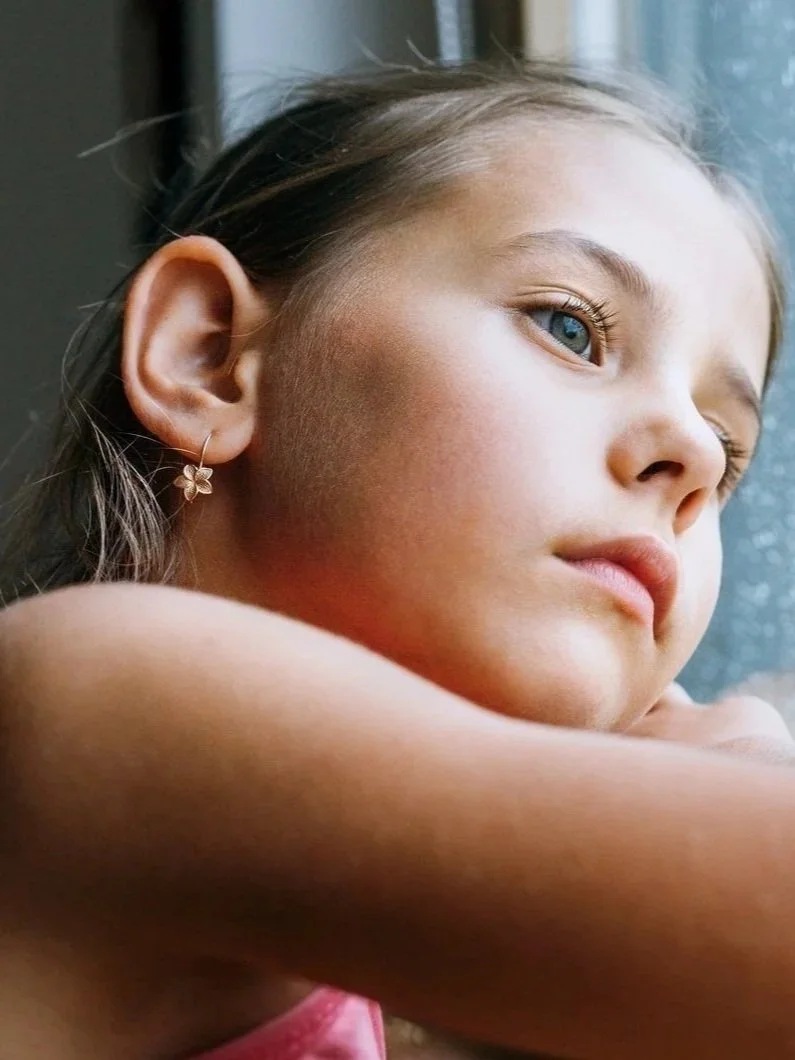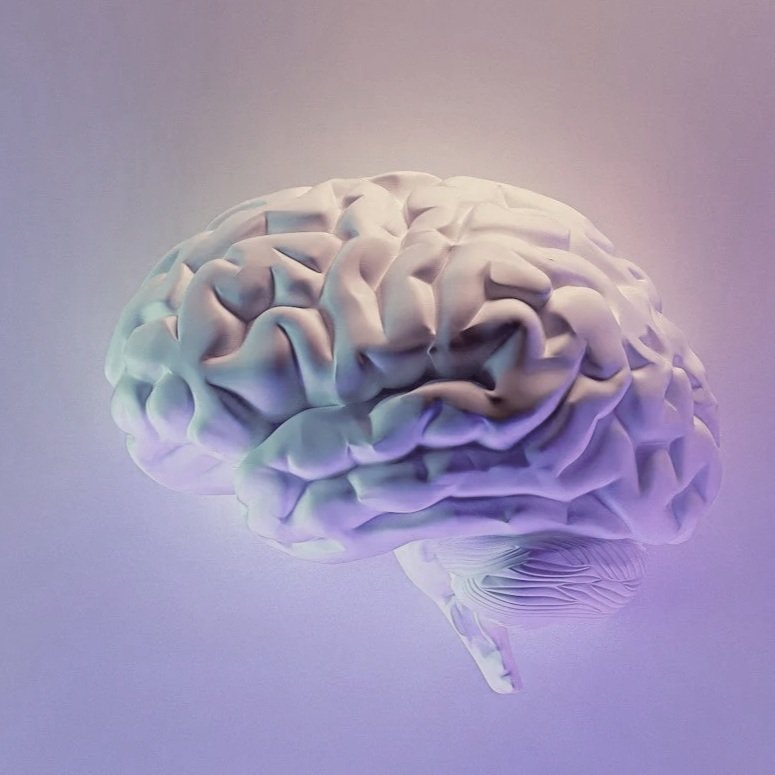
Therapy for Trauma
Rewrite your story. Reclaim your life.
You’ve been through a lot. And you’ve come a long way.
But there are nights that you can’t sleep. You are constantly on-guard, watchful, or easily startled. Perhaps, there is a feeling of being numb or detached. Or you may find that you avoid people, places, and things that bring up “bad” memories.
You don’t have to go through this alone. There is a path forward and therapy can help in your journey toward healing.
What is trauma?
We all experience adversity during our lifetimes. Sometimes, however, a traumatic event can overwhelm our ability to cope. This is especially true when the experience is very distressing, frightening, or life-threatening.
Examples of trauma include war/combat, natural disasters, physical assault, sexual assault, accidents, illnesses, witnessing bodily harm or death, and exposure to school violence.
Some types of trauma may fly under the radar but may continue to impact our lives. Childhood abuse and neglect are examples. Witnessing domestic violence during childhood is another example.
Post-Traumatic Stress Disorder. What if deep grieving, extreme emotions, dark thought patterns, and confusion are natural reactions to trauma? What if these reactions are your brain’s way of trying to understand something that defies understanding?
Rather than pathologizing these reactions as “symptoms” of an illness or disorder, I prefer a more humanistic, holistic approach. The intensity of your reaction(s) to trauma is influenced by many factors (which we can discover together in therapy).
Fundamentally, I believe that expanding our perspective, beyond the limiting construct of a purely medical | mechanistic model of mental health, allows us to connect with our own inner strength and resilience.
Some common reactions to trauma are:
Trouble sleeping.
Repeated, disturbing, unwanted memories/dreams or flashbacks.
Anxiety, fear, anger, shame, grief, or sadness.
Having a strong physical reaction when something reminds you of the traumatic experience (for example, heart pounding, trouble breathing, sweating)
Avoiding people, places, activities, things, memories, thoughts, or feelings related to the stressful experience
Trouble experiencing positive feelings
Feeling distant or cut off from people.
Being "super alert", easily startled, watchful or on guard.
All of these experiences are natural responses to an abnormal situation(s) and none of this is new to the human experience. The first official documented case of psychological distress may have been recorded as early as 1900 BC by an Egyptian physician.
Throughout history, different cultures and societies have had different ways of tending to human suffering. For example, Native Americans performed sweat lodge purification rituals where returning warriors shared their stories and sweated out “inner pollution”. More examples of healing practices include: talking circles, qigong, energy healing, drumming, chanting, vision quests, meditation, herbal medicine, yoga, spiritual cleansing, and much more.
While we have some pretty good (research supported) brain-based therapy options that effectively support recovery and reduce distress, these approaches are certainly not your only options. And, quite honestly, these methods may not enough for some people. This is especially true for those that say they feel exhausted - mind, body, and soul.
I have come to believe that we limit our ability to heal when we treat our brains as something separate and apart from our bodies and true essence (spirit). When we expand our view of mental health from a purely clinical model (which can feel pathologizing or stigmatizing for some people) to a more holistic approach, we open the door to deeper, richer, and more transformative experiences - which is why I wholeheartedly support and encourage you to explore and integrate personal or spiritual practices that support growth and attunement with your most authentic self.
Why would something that happened way back in childhood still impact me?
Childhood experiences and interactions influence brain development. Early experiences shape the way we see ourselves, others, and the world. In childhood, we form attachments with adults and learn how to cope with life’s challenges. Unmet needs tend to ripple through time, influencing the nervous system. Negative experiences can contribute to poorer mental and physical health as adults. Conversely, safe, stable, nurturing relationships and environments in childhood are the building blocks for future healthy relationships and coping skills.
And we can change generational narratives and interrupt cycles of abuse. Counseling can help strengthen the tools needed to challenge old narratives, overcome trust issues, make more meaningful connections with others, or regain a sense of emotional balance.
How does trauma affect my relationships?
Trauma can show up in different ways.
~ It can block us from connecting with others. Intimacy can be challenging. We might keep people at arm’s length even though we really want to connect.
~ We may find that we blow-up or completely shut down when triggered, creating further distance in the relationship.
~ It can be hard to share our thoughts and feelings, especially in a vulnerable way.
~ We (and our partners) may feel isolated or alone in the relationship.
Trauma & Recovery
Just as trauma has many dimensions, so too does recovery and healing. Healing is an individual experience. What works for one person may not work for you.
Some of us may find comfort with trusted friends, family, allies, community, or spiritual fellowship. Others of us may find interaction with other people too difficult or exhausting.
Solace may be found by connecting with nature, being with a loyal pet, or exercising. Mediation, prayer, art, music, and reading can also help.
If you are experiencing ongoing fear, confusion, relationship challenges, emotional pain, or other other symptoms of trauma, therapy may be helpful.
Videos and Articles

“One day you will tell your story of how you overcame what you went through and it will be someone else’s survival guide.” — Brene Brown
Book Nook
Holistic Therapy for Trauma
A holistic approach to trauma therapy includes support for your whole being - mind, body, and spirit through the integration of evidence-based therapy methods with complementary practices like mindfulness, energy work, and more.
You can expect:
A reduction of reactive experiences (i.e. panic attacks, flashbacks, nightmares, intrusive memories / thoughts, anxiety, avoidance, or grief).
Increased connection with self. Following a traumatic event, some feel disconnected themselves. Therapy can help you restore and find deeper connection.
More control. The past should feel as if it is in the past. While therapy will not take away your traumatic memories, you can expect less sensitivity and reactivity. You should feel as if you are more in the “driver’s seat”.
Treating trauma is challenging, deeply personal, nuanced, and never one-size-fits all. Every person is different. Therapy is about doing what feels right for you. Some people feel the need to revisit their experiences. But you may not feel this way. Therapy doesn’t always mean processing all the details. It is possible to progress through treatment and experience relief without having to share your entire story.
Therapy can help you identify new skills and strengths while increasing capacity and resilience. There is a future version of you just waiting for you to connect with them.



























